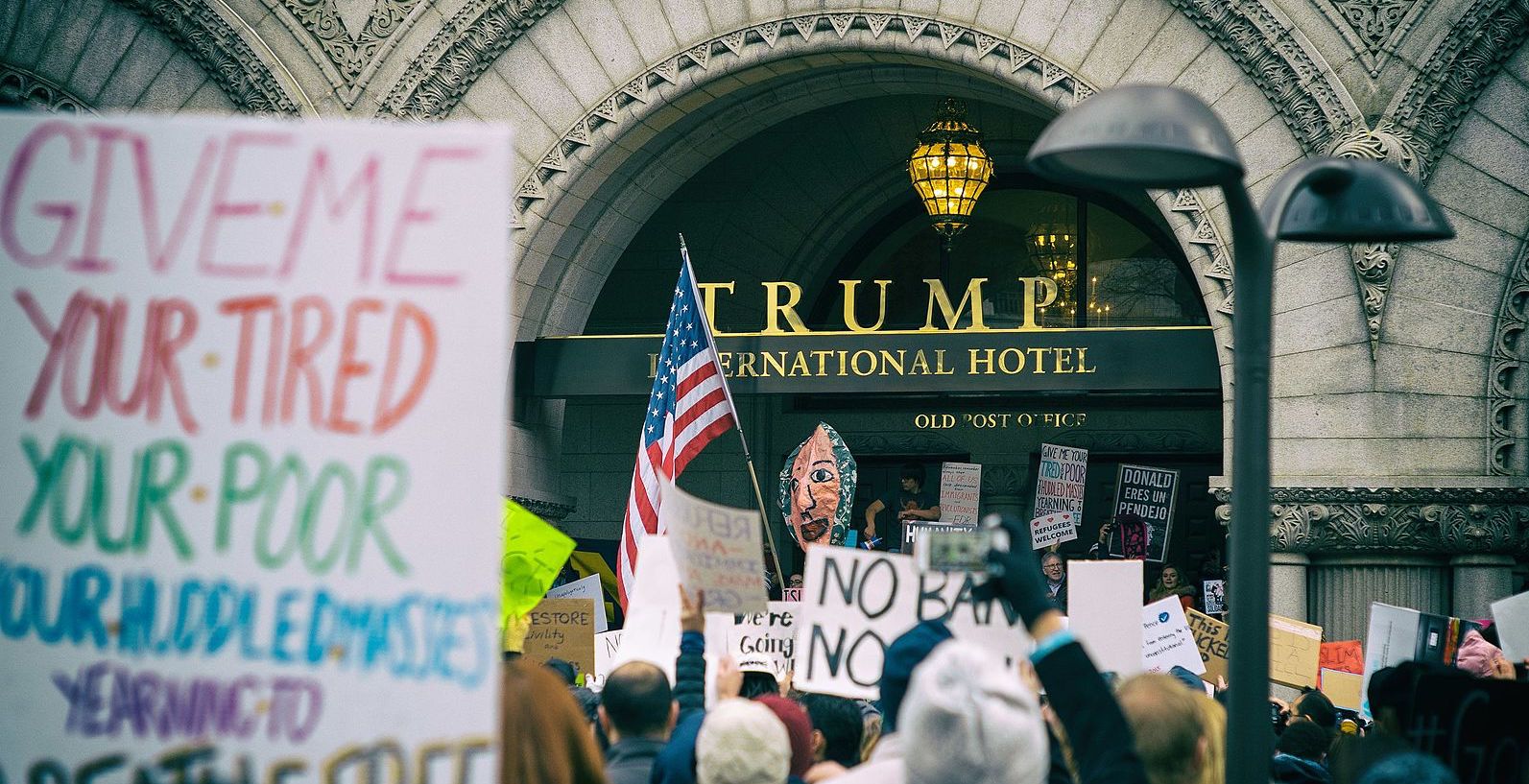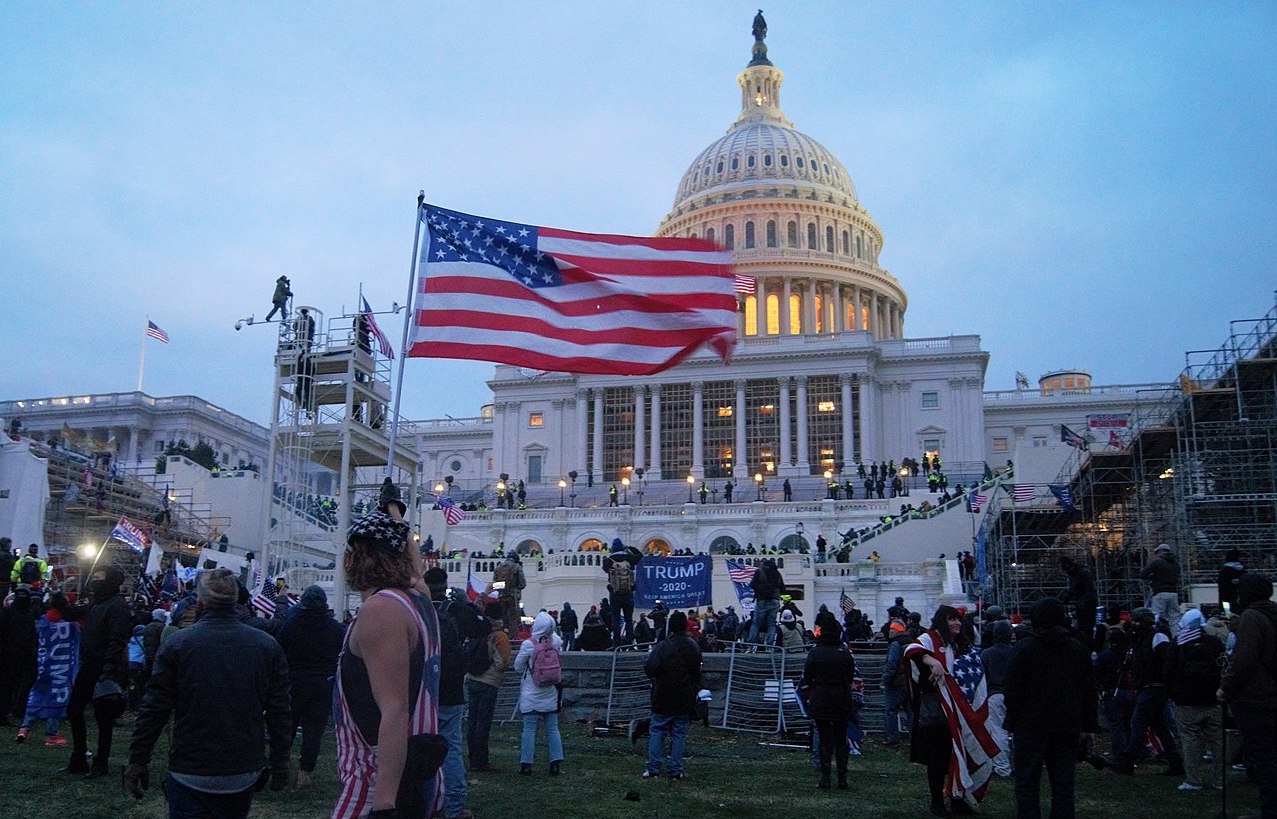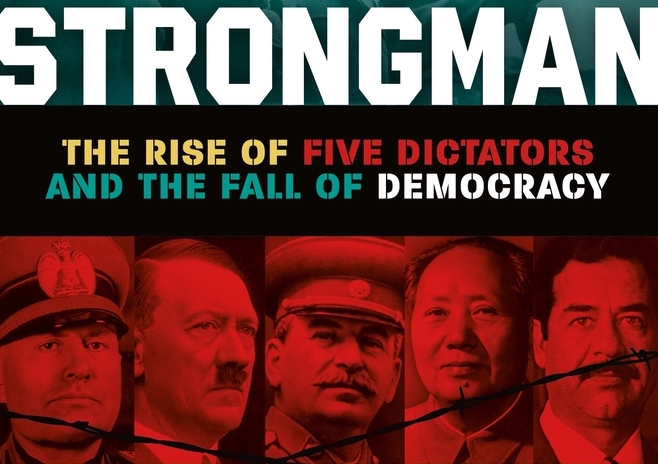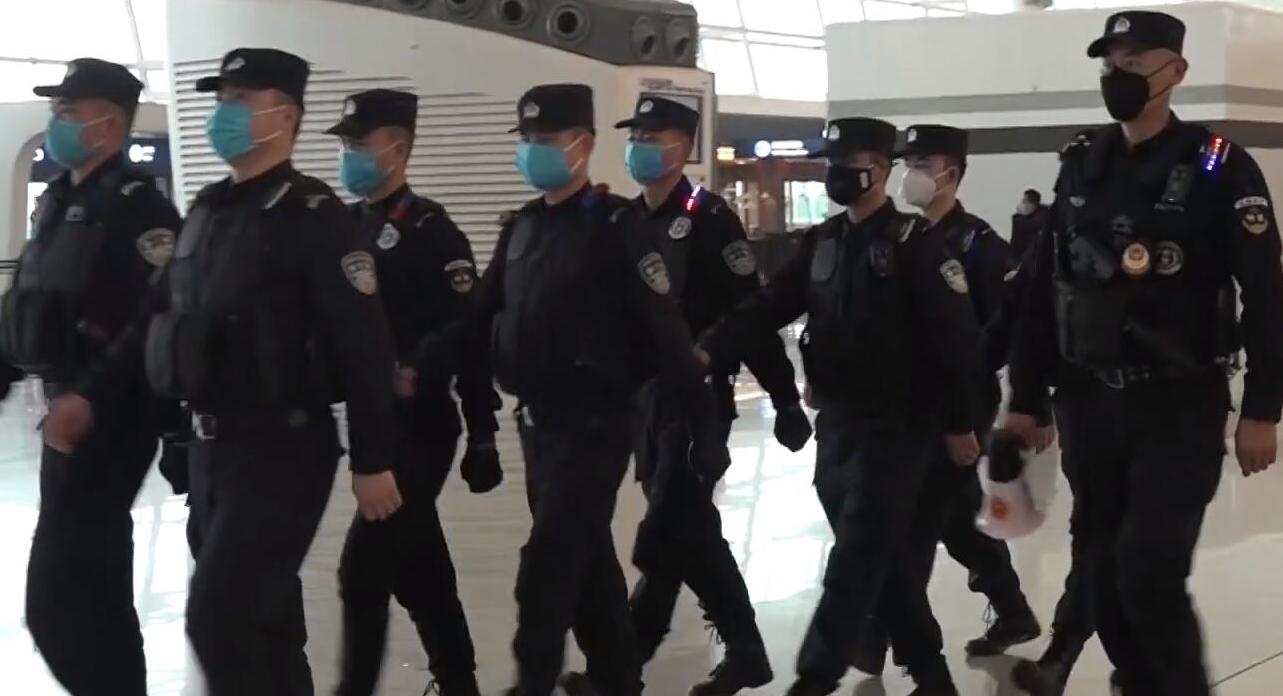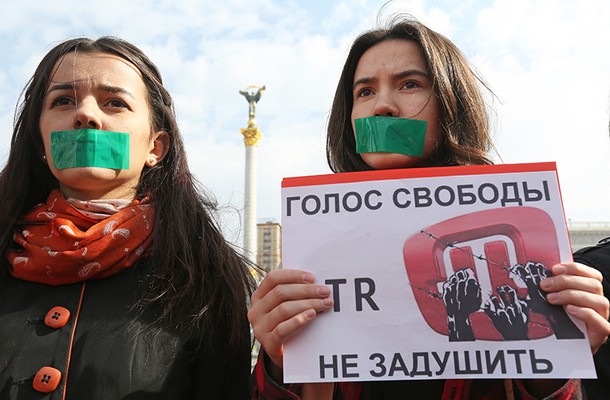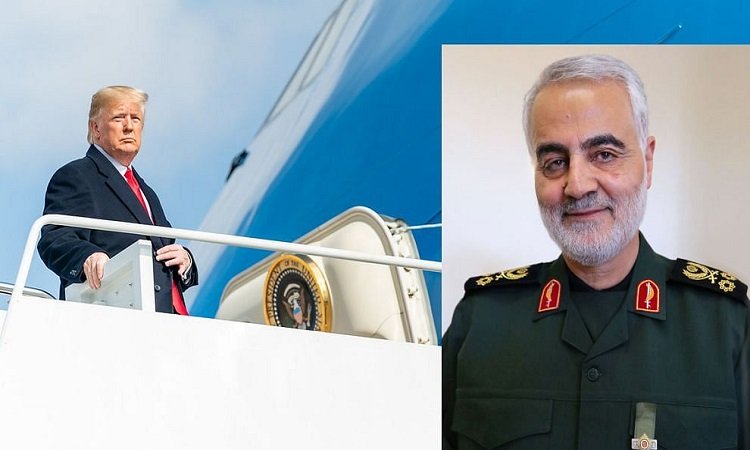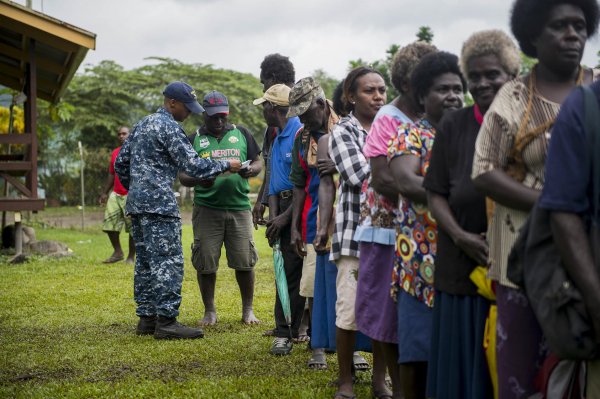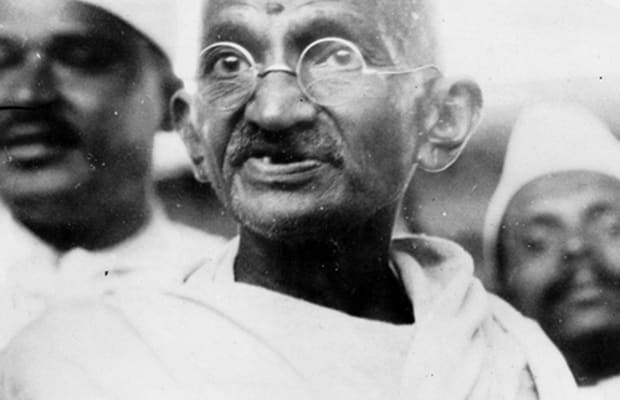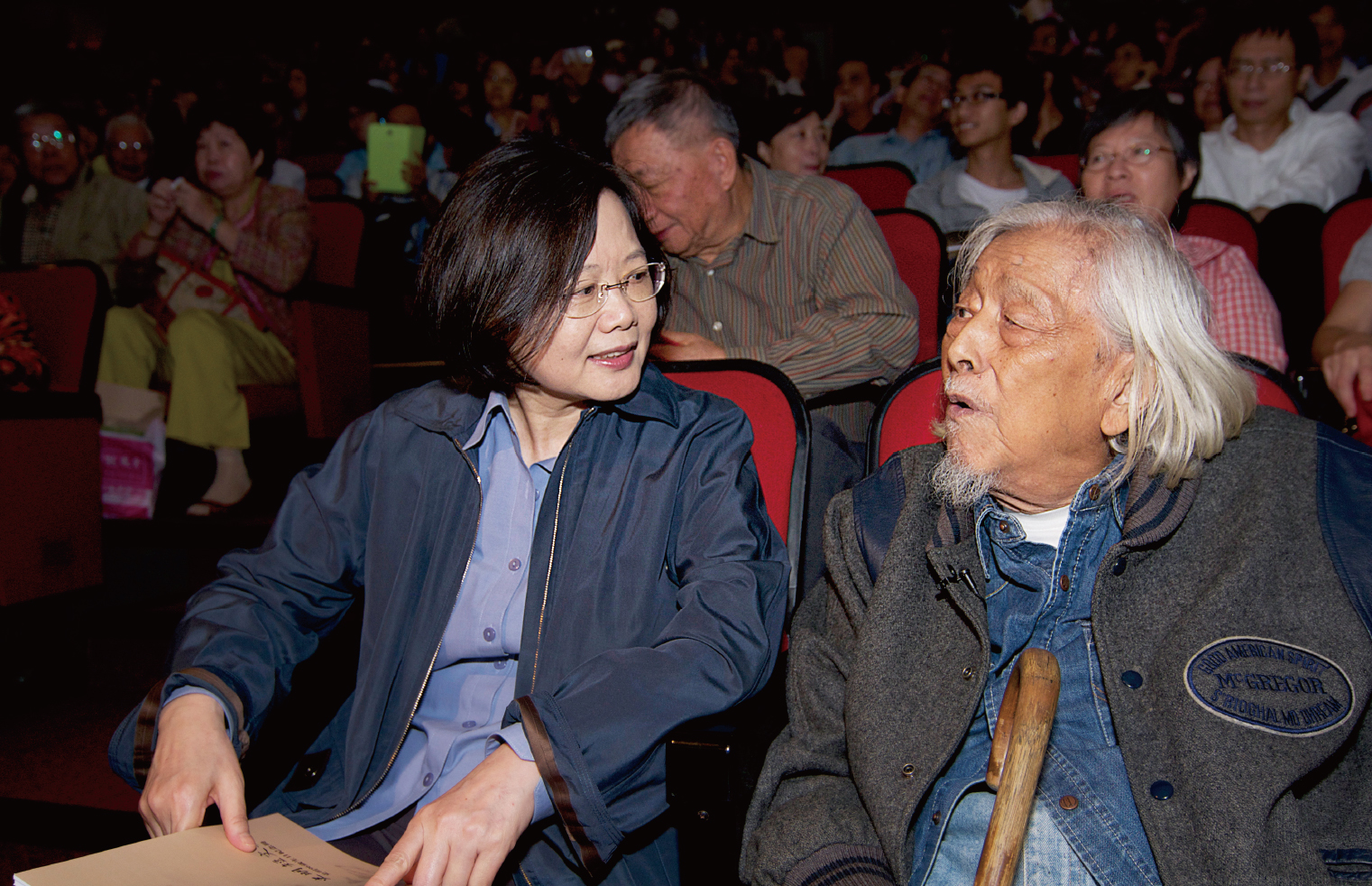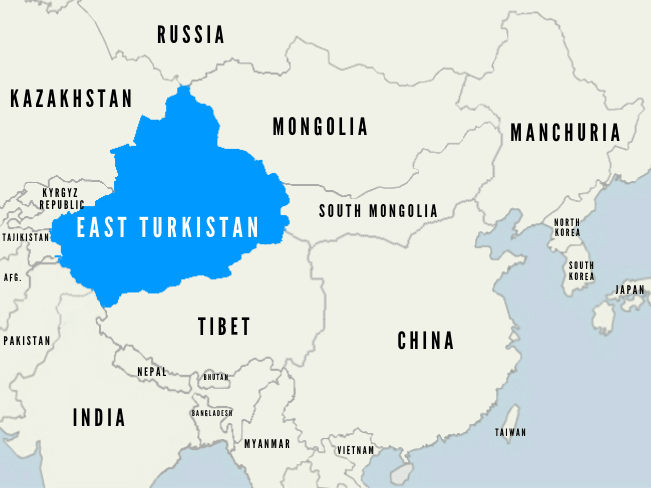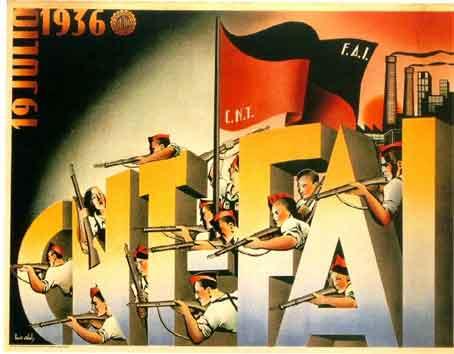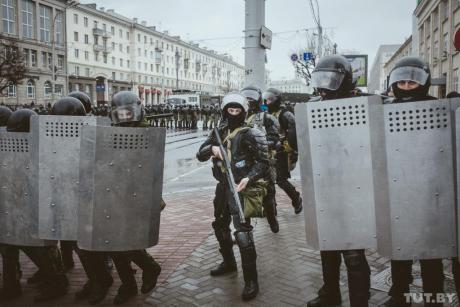
Fascist pseudo-anti-fascism in Belarus
Under long-ruling dictator Alexander Lukashenko, a fascistic order has long obtained in Belarus—and amid the wave of state terror following last year’s stolen elections, it may now be going over the edge into outright fascism. Which is why it’s particularly sickening that Lukashenko and his propaganda machine are playing to anti-fascism in the international flare-up over his latest outrage. Activist and blogger Roman Protasevich, arrested when a passenger plane was forced down by a Belarusian fighter jet, may face the death penalty for “terrorism” charges. But it all appears to rest on Protasevich’s supposed involvement in Ukraine’s Nazi-nostalgist Azov Battalion—and this seems entirely a matter of conjecture. (Photo: Libcom.org)



